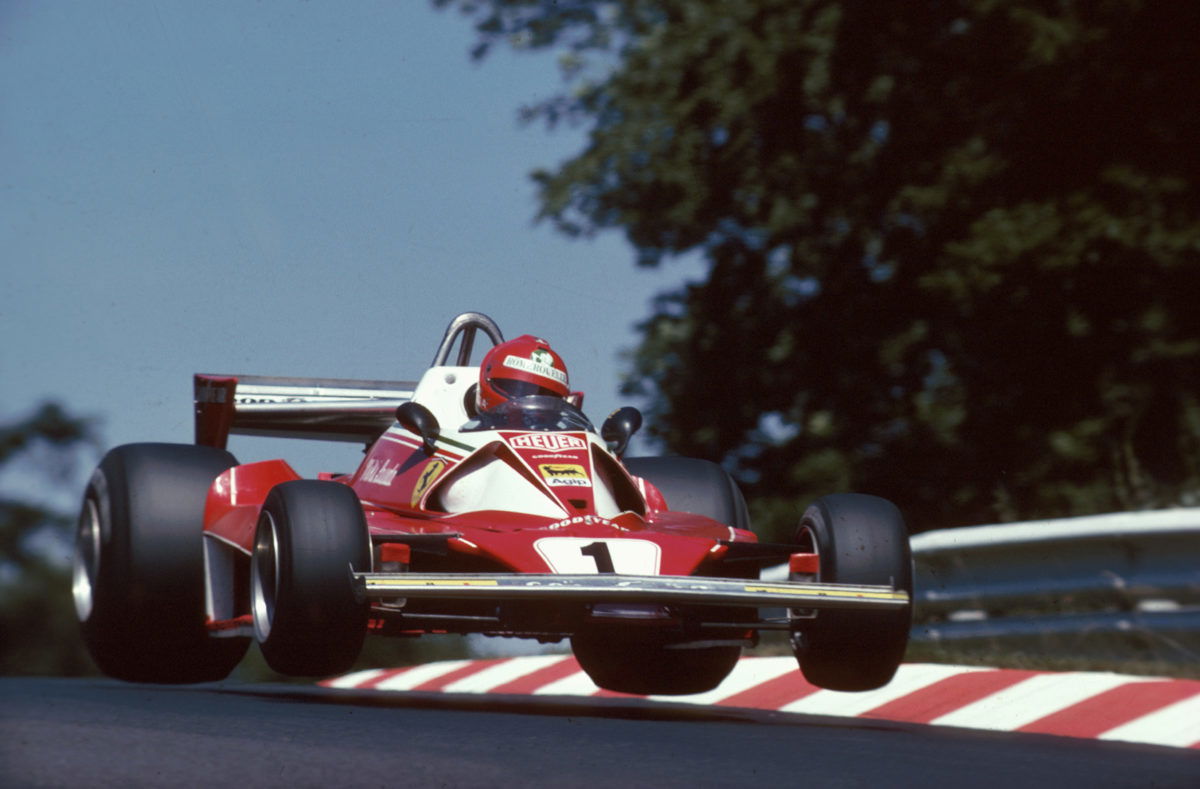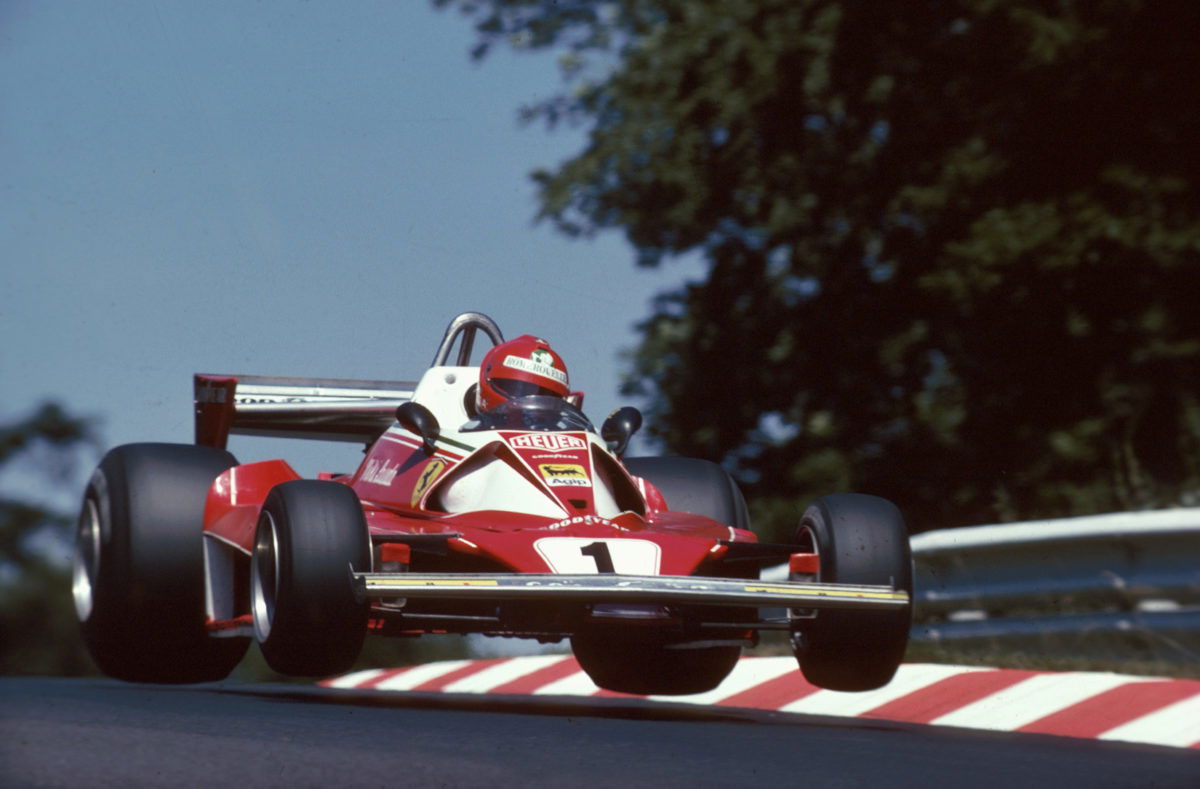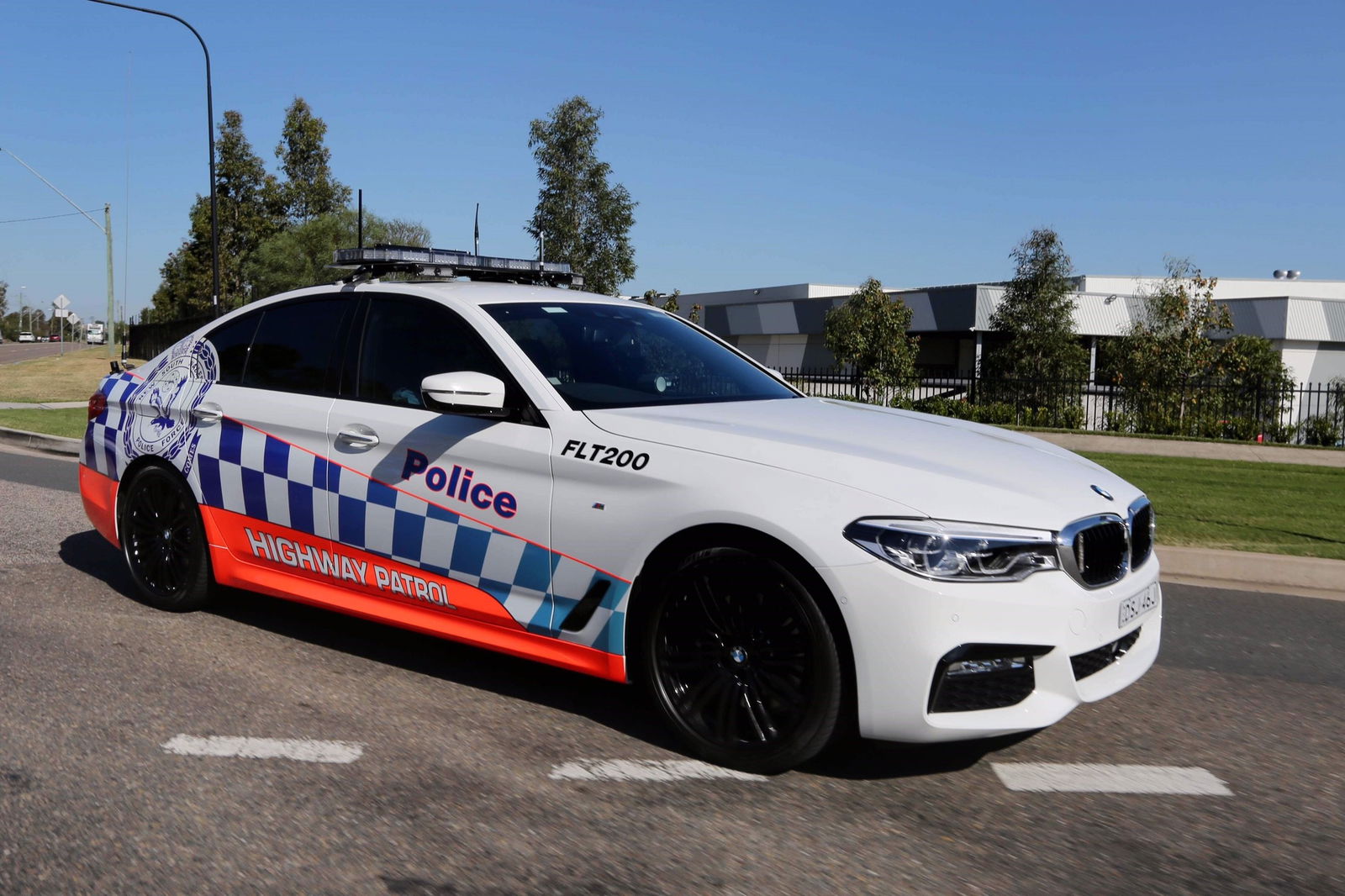

Mauro Forghieri, the man who led Ferrari’s motorsport effort from the 1960s to 1980s, has died, aged 97.
The Italian joined the Scuderia in 1959 after attaining his doctorate in mechanical engineering from the University of Bologna having served an internship with the company in 1957.
He worked alongside Carlo Chiti until his departure following Ferrari’s world championship-winning 1961 season.
Following Chiti’s departure, Enzo Ferrari promoted Forghieri, then 27 years old, to head the Scuderia’s motorsport and testing programmes.
“Today is a very sad day for everyone at Scuderia Ferrari,” said Ferrari Team Principal, Mattia Binotto.
“We mourn the passing of Mauro Forghieri, one of the most amazing people to have worked here.
“He was appointed as team manager at the age of 27 and, with his brilliant insights, he was one of the last all-round engineers in the car world. I met him on various occasions and each time was something special.
“He was, to the end, a truly charismatic individual. His revolutionary ideas, together with his vibrant nature, his abilities as a great motivator, meant he played a very important role in some of the most significant moments of Ferrari’s history and he did more than most to fuel the Prancing Horse legend.
“We will all miss him.”
Piero Ferrari, Vice President of Ferrari, added: “When I joined the company in 1965, I shared an office with Cavalier Giberti, Ferrari’s first employee, while Mauro Forghieri, taken on a few years earlier, was next door.
“We were therefore separated by 10 years of age and a window. In fact we saw each other all day every day.
“Forghieri was energetic and passionate about everything he did.
“He was sanguine and I recall that in many of those interminable meetings at the Gestione Sportiva, that started in the evening and went on into the night, I mediated between him and my father.
“I know my father appreciated his tireless work ethic and he knew that any mistakes only came about through an attempt to do something better and to look ahead.
“We have lost a part of our history, a man who gave a great deal to Ferrari and to the world of racing in general.”
With Forghieri in charge, Ferrari won the 1964 world championship with John Surtees but would not win another for more than a decade, though did witness success at Le Mans with the 250P and 250LM before Ford hit its stride with the GT40 in 1967.
Its next Formula 1 success came courtesy of Niki Lauda in 1974, who also took the title in 1977 and only narrowly missed out on the drivers’ crown in 1976 to James Hunt.
Ferrari became the first operation to win the constructors’ championship in three successive years, starting in 1974.
Another world championship followed in 1979 thanks to Jody Scheckter, supported by Gilles Villeneuve.
Forghieri’s last success with the Scuderia came in the 1982 and 1983 seasons when the Prancing Horse won the constructors’ championships.
Internal politics saw him move to the team’s advanced research office in 1985, with Harvey Postlethwaite leading Ferrari’s engineering effort.
Forghieri left Ferrari in 1987, joining Lamborghini where he was part of its Formula 1 effort.
Then came a move to Enel, where he designed an electric minivan, and finally Bugatti Automobili, where he was Technical Director and was involved in the development of the EB110 and 112.
In the aftermath of Ayrton Senna’s death at the 1994 San Marino Grand Prix, Forghieri was one of the technical experts called on during court proceedings.
Forghieri achieved a total of 54 Formula 1 race wins, 11 world championships and nine endurance titles.




















Discussion about this post